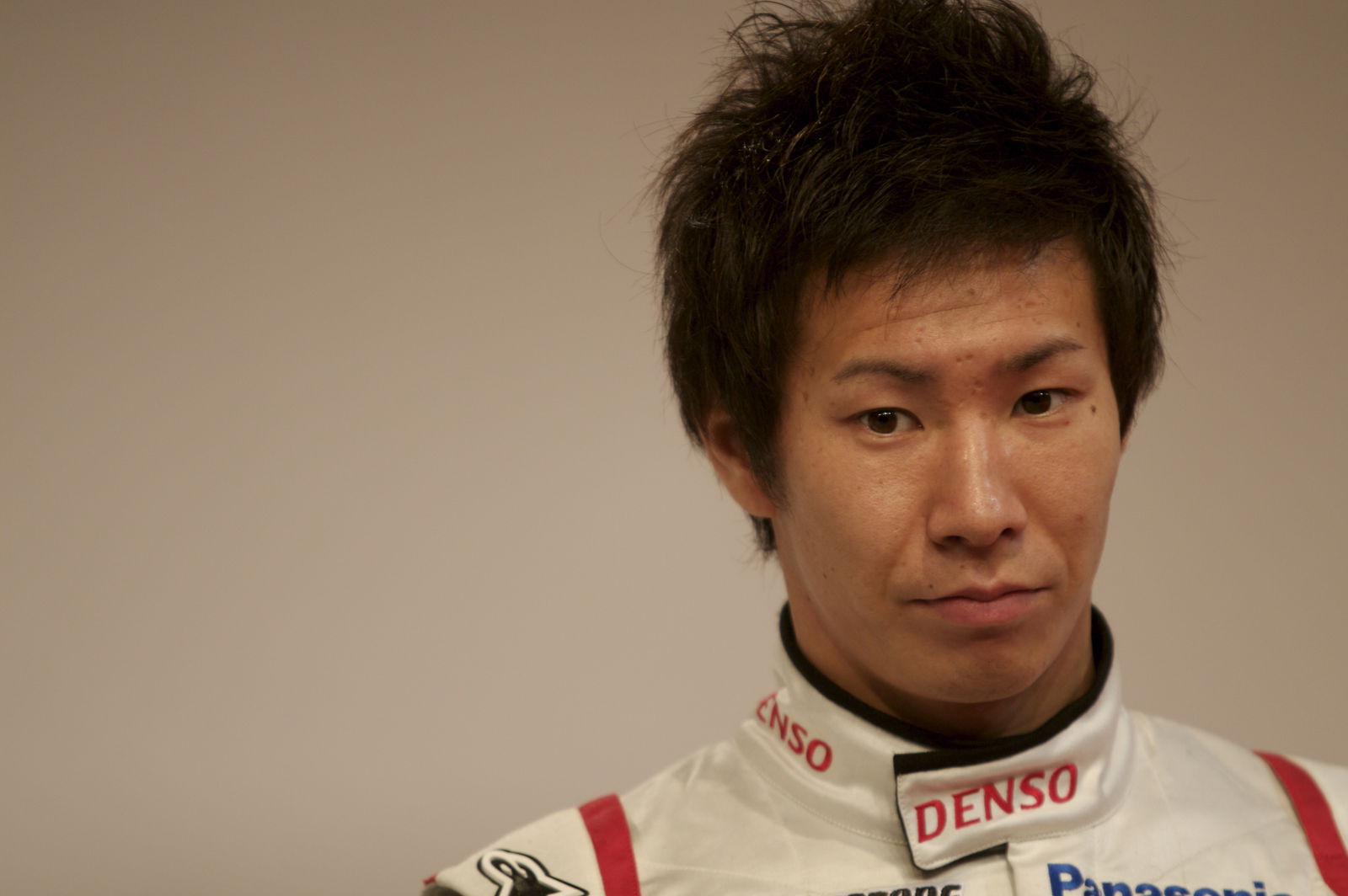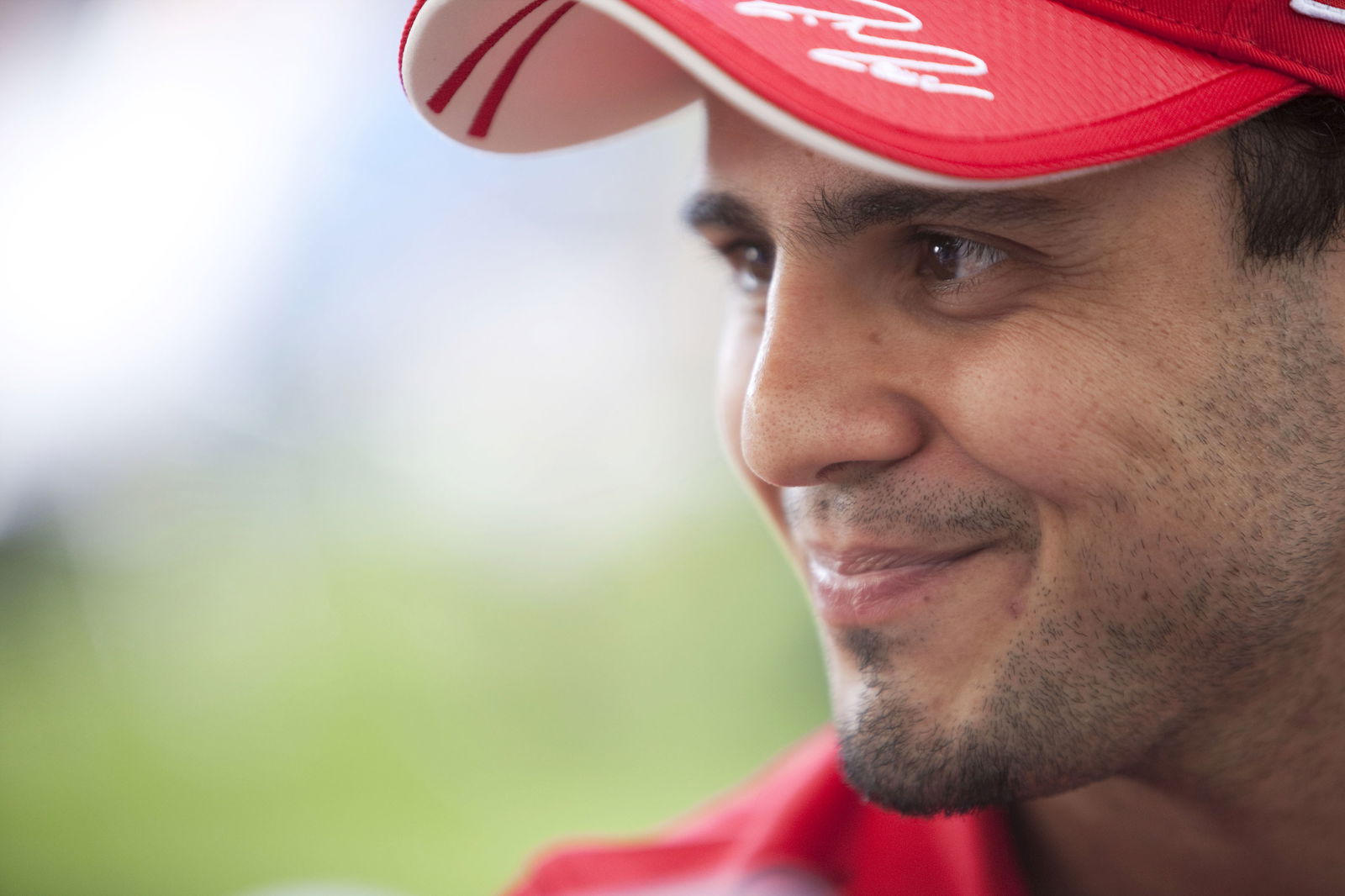F1 to test on day after grand sprix?
Formula One could be poised to adopt a testing programme already used in the equivalent MotoGP series, with teams and drivers staying on at circuits after grands prix weekends.

Formula One could be poised to adopt a testing programme already used in the equivalent MotoGP series, with teams and drivers staying on at circuits after grands prix weekends.
That is the suggestion of Bernie Ecclestone, who admits that banning all in-season testing has had some adverse side effects, including not giving up-and-coming talent that chance to acclimatise to the power of an F1 car. With the option of returning to a testing free-for-all not sitting comfortably with the desire to reduce spending in the top flight, the sport's commercial guru has hinted that a compromise may be on the horizon.
"Has one of the tests been missed this year?" he asked in an interview with Germany's Auto Motor und Sport, "I am sure that we will test in the future on the Monday after a race. The cars are there, the people too, [and] this keeps costs within limits.
"[That way], we can give young drivers a chance. The failure of the current system is that it is virtually impossible to test young drivers. This protects the established drivers, but it is absolutely wrong. A test on Monday after the race would be ideal, as one might compare the lap times with each other directly."
The withdrawal of Honda late last year served as a catalyst to the cost-cutting programme, something which the various teams have generally worked together to achieve, but Ecclestone believes that more can be done to shore up the future of those appearing to struggle for survival.
"While it is unfortunate that it has come, [the economic crisis] is also good - it was a wake-up call," he claimed, "Everyone must tighten their belts. The manufacturers have spent a lot of silly money - everyone in the team flew business [class], they lived in the most expensive hotels, and all senior executives had an assistant who had an assistant. I understand that teams want to entertain their sponsors, but must everyone take a huge team in order to provide for the team?"
Despite criticising the manufacturers for their excessive spending, however, Ecclestone insisted that he had nothing against them being in F1
"I have nothing against the manufacturers," he claimed, "On the contrary, they are good for the sport. There is only one problem - they are not able to run an F1 team at a reasonable cost. We have now found a way to restrict this from the outside, but some do not like it because they prefer to live on in the old style. Some people might need to come down from their high salaries."
Maintaining that spending more does not necessarily guarantee success, Ecclestone insisted that 'there is no cheaper form of promotion for a manufacturer than F1'.
"They will soon realise that the value is good for the money invested," he claimed, "Money is not everything. How long did it take Ferrari to win a world championship, although they had the most money? The next era will not reward the money, but the quality of the people who work for a team."
That quality may be stretched a little with the potential addition of four new teams in 2010, although Ecclestone continues to doubt whether all of the additions will make it to the grid in Bahrain. While he admits that each of the selections was made based on what he feels were strong bids, he remains cautious when discussing the long-term validity of the programmes.
"I see no other manufacturer wanting to get out," he said, addressing rumours about the future of both Renault and Toyota, "They have made an agreement [to compete] until 2012, and I'm sure they will respect this promise. Of the smaller teams, however, perhaps two might not make it.
"I think, at the beginning, they were all serious projects, but one or two may have found out that they have taken on too much. Previously, we have demanded of new teams, such as Toyota, a guarantee of $48m to protect us from abuse. This was abandoned, with the danger that a new team is sharp only on the launch pad, in order to be sold on later. I hope that we will not be punished because of our generosity."
Asked why the nascent Lotus team was selected to fill the 13th slot when BMW announced its withdrawal, rather than the team rescued from the ashes of the German giant, Ecclestone insisted that the Litespeed/Malaysia-inspired bid fulfilled the criteria required for an entry to be granted.
"Lotus has met all the points in time," he pointed out, "They have secured the funding, opted for Cosworth engines, and prepared a plan of how they will build the cars. I tell you, they will begin 2010 with two cars. At BMW-Sauber, although it was always expected that the team would be bought, we did not know, until the deadline, who the buyer would be."
One additional consequence of reducing the teams' spending, Ecclestone revealed, could be a better deal for F1 fans. Despite having recently secured the future of the German Grand Prix at Hockenheim by agreeing to share the financial risks associated with the event, Ecclestone admits that the scenario may not work elsewhere, but insists that cost-cutting across the board may help.
"The teams will spend less money, we must pay them less, which relieves the organisers and they can have cheaper tickets to sell to the fans," he reasoned "Hockenheim is, for us, something special - we've been going there for so long and did not want to lose the race. If two parties want the same thing, then they come to a conclusion. We wanted to return to Hockenheim, they wanted a race and, in the end, we have found a compromise. The biggest hurdle was the finances."
Another of F1's favourite races may not be quite so easy to salvage, however.
"There are still issues with Canada," Ecclestone admitted, "They want the race, we want it. The problem is the laws in the country...."

